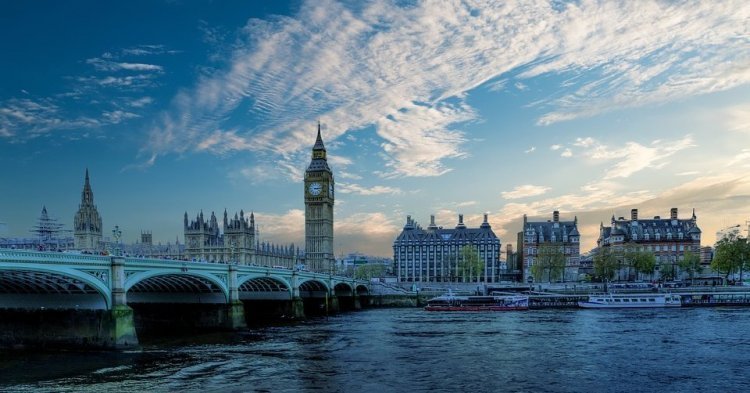It should be clear the Brexit cannot be “won”. Every side loses and the only thing ether one can do is harm the other. Most people know that. It is inexplicable, however, how senseless arguments can evolve from the idea of Brexit.
It’s Theresa May’s fault! She is making a bad deal! The EU is a Soviet prison! Great Britain is being intentionally hurt to discourage other Member States from an exit.
But what’s really behind these theses?
Everyone is free to leave the EU
If someone no longer wants to be part of a club, they part. It’s as simple as that. But why isn’t it just happening then? Why were the negotiations so nerve-wracking? It must be the EU’s fault, right? Let us look at the current situation: As reported by the media and announced by the British government at several occasions, the EU and the UK agree on 90% of all subjects. What is the problem then?
It’s about the border between the Republic of Ireland and Northern Ireland. The majority of British citizens in the Leave camp wanted uncontrolled or unmanageable migration towards Great Britain to stop. It is to be mentioned that a large, yet controlled part of immigrants originate from old Commonwealth states. The exit from the EU was said to reinstall Great Britain’s autonomy over who may enter and settle down in Britain. The problem now is that the United Kingdom includes Northern Ireland, which borders another EU member, the Republic of Ireland. Holding on to this territory on the Irish island led to the bloody, thirty-year conflict in Northern Ireland from 1969 to 1998. Those loyal to the British crown were fighting those who demanded Great Britain’s full withdrawal, hence unification with the Republic of Ireland.
This civil war costing thousands of deaths could only be stopped by the so-called Good Friday Agreement which solved the problem rather elegantly, aided by British EU membership. The “hard” border between the Republic of Ireland and Northern Ireland was now passable without checks. On the one side, Great Britain got to keep its constitutional control over Northern Ireland. On the other side, both parts of the country became freely accessible to all Irish and Northern Irish citizens. The notion of a somewhat unified “Island of Ireland” arose. Northern Irish could apply for Irish passports. Brexit overshadows this peace as exiting the EU and thereby creating an external border contradicts the compromise that has been reached.
To control and not control a border at the same time is impossible
This arrangement between the UK and the Republic of Ireland, then agreed bilaterally, is now in limbo: Britain wants to control the borders but, at the same time, leave the border between Ireland and the EU open. That won’t work.
Critics may argue the border could be open and still be supervised digitally, by cameras for instance, without placing border controls. Thereby, the economy and other circuits will not be interrupted. While that sounds logical, the narrative of regaining control over immigration would be reduced to absurdity. With this solution, EU citizens could theoretically still enter Britain, even if there were sporadic border controls. And even that is rather euphemistic. What about EU criminals? That would surely be the nightmare of the Leave camp. Perhaps, passenger controls could be installed for those passing from Northern Ireland to the rest of Great Britain. But de facto, that would move the controlled border to the Irish sea between the islands – hence partially splitting the country. The DUP, on which Theresa May’s government largely depends, does not like that. But more on that later.
As we can see, this problem cannot be solved logically on the one hand and realistically on the other.
One cannot access the single market without being part of it
That leads to a paradox, namely that Britain is hoping for access to the single market despite Brexit. To be part of such a market is advantageous in many ways for cross-border trade. Now Britain wants to keep up its viable trade with the rest of the EU, only immigration is to be controlled? What then is the EU’s problem?
To answer that, one first needs to understand what exactly the EU is. The EU is a community of values, even though centred economically. Britain is one of many countries. Concerning its size and economic strength compared to the EU-27, the UK overestimated its position in the negotiations. As explained in the next part, Great Britain expected a divided EU that would not consequently stick to its principles.




Follow the comments: |
|
